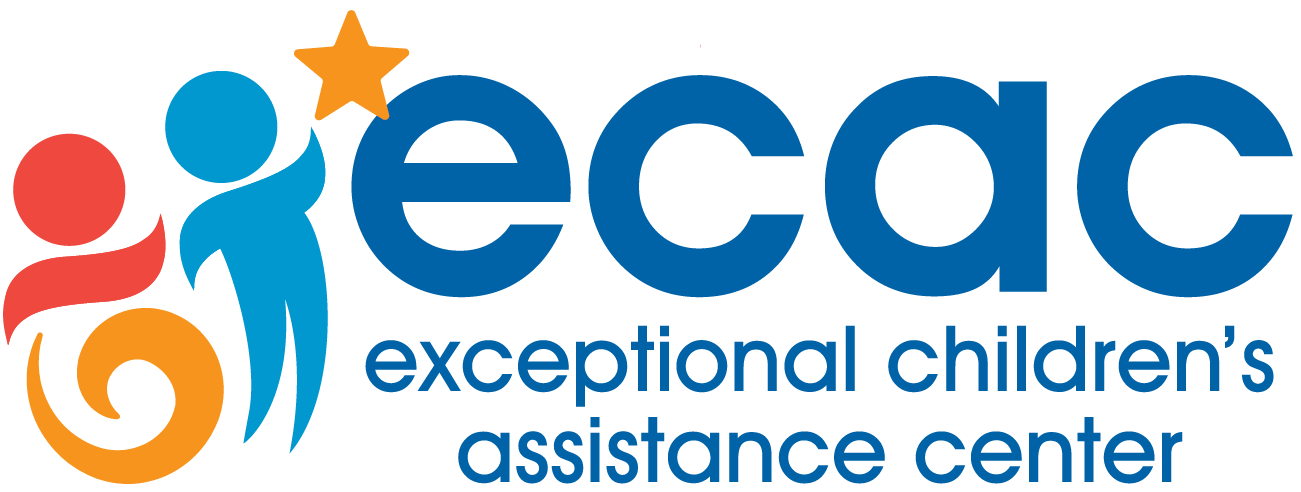Communicating with Your Child's School
It is important to have a positive relationship with your child’s teacher.

Getting started
First: Understand that your role as a parent is unique.
No one knows and loves your child the way that you do. You are the expert on your child. And, while you may not have all the answers, you want your child to be successful in school and in life.
Your passion, as a parent, can help you communicate brilliantly. And, sometimes, it can overtake you.
The following steps can be particularly helpful to parents who are new to the special education process:
Steps to Success

If you expect to have difficulty when meeting school personnel, your mind and body will be primed for battle.
How can you communicate successfully if you are on the verge of overflowing in anguish and outrage? Don’t let your mind go there. Keep thoughts of past or present problems at school, worst fears, and other negatives from creeping into your mind. Focus on your goals and the view that the school wants to do their best for your child.
Keep telling yourself that you and your child will succeed.
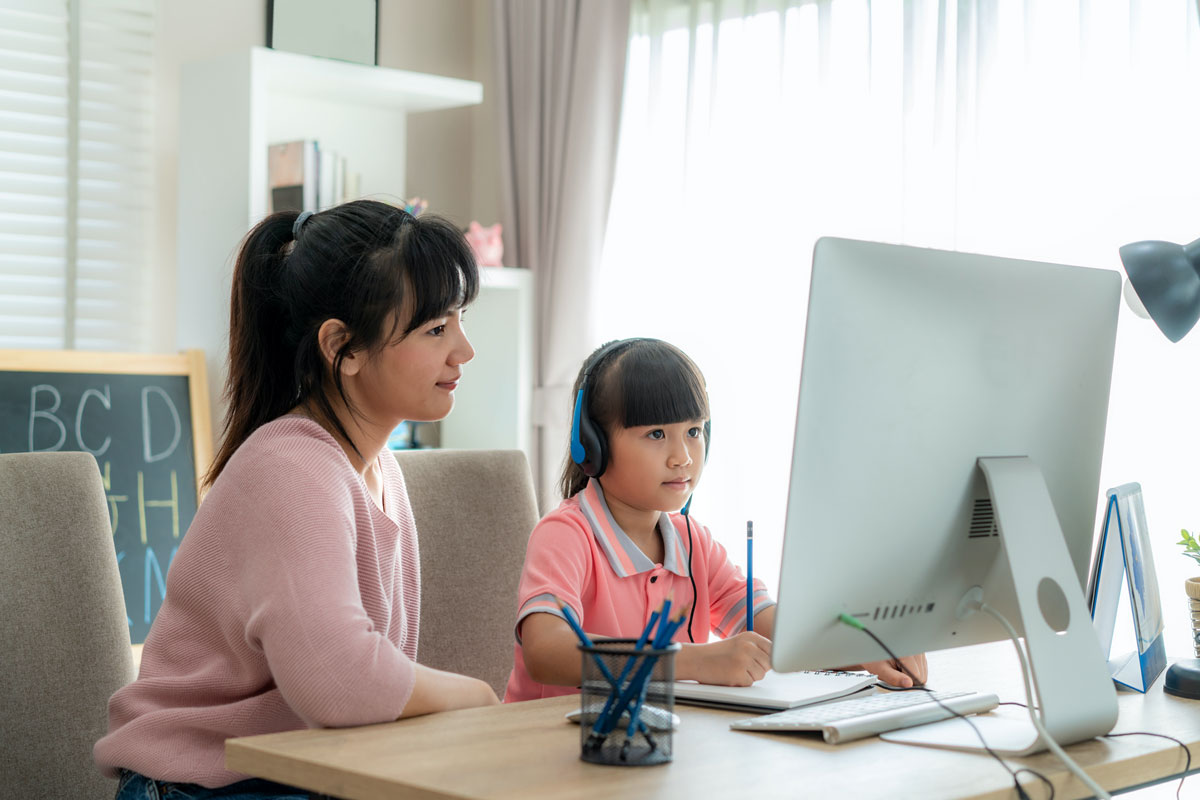
What’s the most important thing that needs to be accomplished for your child?
Make a list of the issues, questions, and possible solutions. Rank them. Decide if there are any you can pass on and which ones must be addressed. Plan how you are willing to give and take in order to achieve the higher goal.
Map out what you need to say and practice if that helps.
For example, “What’s most important for Sally right now is...”or “We really need to focus on...”Referring to these notes, with keyphrases jotted down, can help keep you and the meeting on track.

If you don’t understand what someone is saying, tell him/her.
Be direct. For example “Can you explain it in a different way or give me some examples?” or “I am having trouble fully understanding what you are saying”.
Keep asking and wait for responses until you do fully understand.
Resist any temptation to answer your own questions or put words into someone else’s mouth.

Paraphrase, or restate so that you and others are clear in your understanding.
For example, “I must not be explaining this clearly, what I am trying to say is...”or “It sounds like you’re saying...is that right?”
Often, the process of clarifying one’s understanding provides an opportunity to clear up a misconception or correct misinformation that could be critical.
So, don’t overlook the value of this technique!
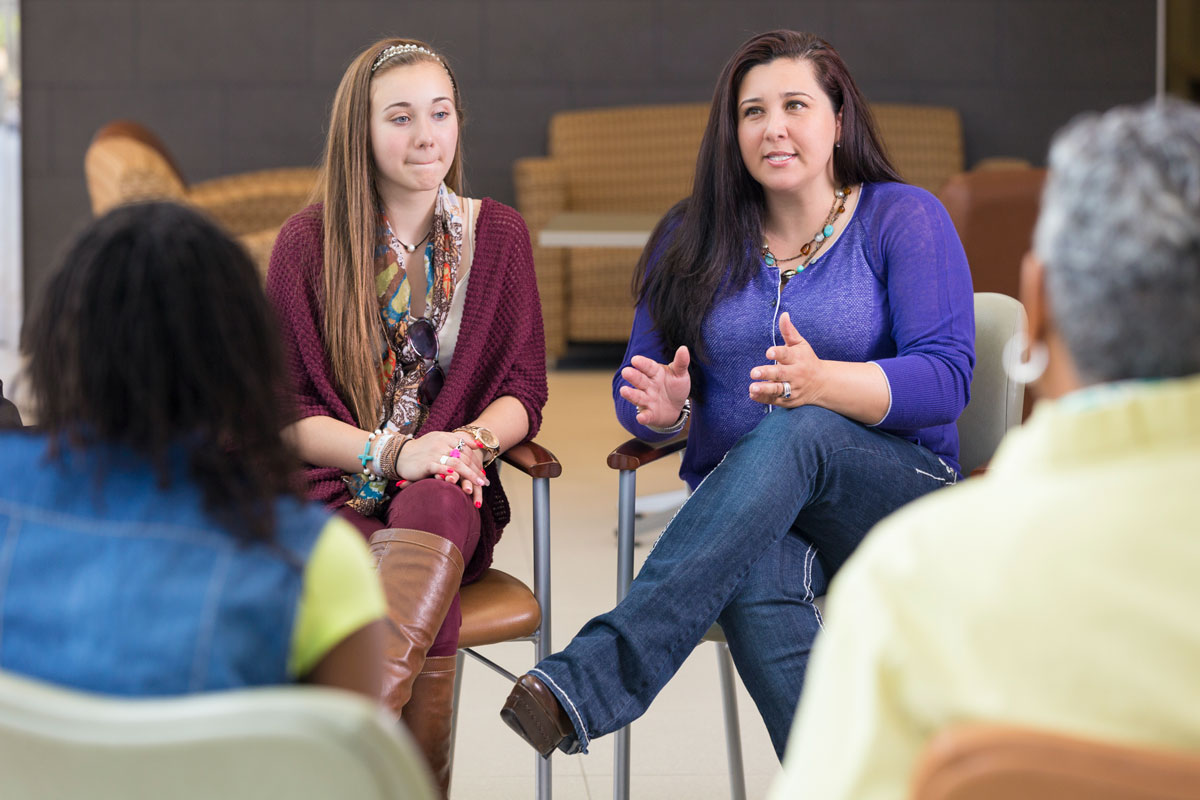
As a parent, you’re in a good position to present alternative solutions that might not occur to those who work for the school system.
For example, you might say,“Let’s do some brainstorming on possibilities and see what we can come up with. How about...?”
And if you have done some research, you will come in with ideas ready to share. It’s also important to make sure that the focus stays on your child and meeting his or her needs.
Sometimes, words like the following can help tighten everyone’s focus.
“I just haven’t seen the kind of progress that Jordan needs to make. What other options can we consider for him?”

If someone has been particularly helpful, acknowledge his or her efforts.
Sometimes, especially when frustrations rise, acknowledging what has gone well, and how hard everyone has worked, sweetens the air a bit and makes it possible for everyone to feel better and push towards the finish line.
If by chance you make a mistake, or cause offense, say you’re sorry.
Making an apology says that you’re only human and helps to humanize what is often a formal process and sends the message that you can be forgiving of others’ mistakes. “Please and thank you” go a long way in keeping conversations civil.

As you communicate and negotiate, you will uncover areas where you and the school agree.
You may agree on the issue but not on how to address it. This is when it can be helpful to restate and discuss options in a problem solving way.
This means presenting and fully analyzing proposed solutions on their own merits. It also means asking some direct, yet polite questions. For example, “I’m still puzzled. Why isn’t this an option?”
Additionally, words that recognize the desires and difficulties for schools to meet every child’s needs, while refocusing on your child, can lead to a greater willingness to put forth extra effort.
For example, “I appreciate the huge responsibility and demands facing our school system. I understand there is never enough resources to meet all children’s needs in the way that we want. I truly do. I know there’s a way for us to work this out, so that Sally gets the services she needs.”
Talk the talk
So, in a nutshell, when talking with staff and administrators at your child’s school, you’re likely to be successful if you can:
- Keep your cool
- Focus on the positives
- Be clear about your goals
- Listen, ask questions, clarify
- Keep the focus on your child’s needs
- Present options in a collaborative way
- Ask for the “yes.”


Conversation Starters
Use these sentence starters to begin developing a healthy rapport with your child’s new teachers.

Steps to Success
We hope these steps to success will be particularly helpful to parents who are new to the special education process.

Working with Your Child's Teachers
Effective and positive communication is key in building a partnership to help your child succeed.

Talk Tools
These questions are often used by ECAC staff when talking with families and professionals. They provide effective ways to request clarification in any situation.

Advocating for your child

Importance of being an advocate
Being an effective advocate for your child is important to their success, both at school and in their community.
Advocacy involves working with the school and others to help ensure that your child will receive the support and services that may be needed. An advocate performs special functions including supporting and helping, speaking and pleading on behalf of others, and sharing information and fostering transparency.
Good special education services are intensive and expensive. Resources are limited.
If you have a child with special needs, you will likely need to utilize various types of information, skills and tools to get what your child needs.
One of the most-important advocates is the parent. Parents are natural advocates for their children! You know your child the best! You care the most!
Overview of advocacy skills
Effective advocacy includes several important components, including the following.

Gather information
Advocates gather facts and organize documents to learn about a child’s disability and educational history.
Advocates use facts and independent documentation to resolve disagreements and disputes with the school.
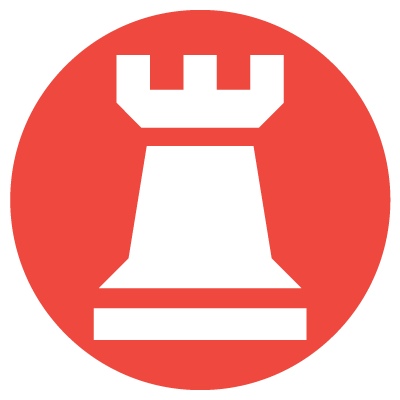
Learn the rules of the game
Advocates educate themselves about their local school district. They know how decisions are made and by whom.
Advocates know about legal rights of both parents and children. They also know which words to avoid. For example, a child with a disability is entitled to an “appropriate” education, not the “best” education.
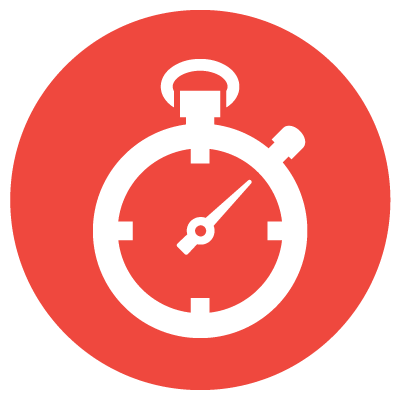
Plan and prepare
Advocates know that planning prevents problems. Advocates do not assume that school personnel will tell them about rights and responsibilities.
Preparing for meetings, creating agendas, writing objectives, and using meeting worksheets and follow-up letters to clarify problems are all tools in an advocate’s tool belt.
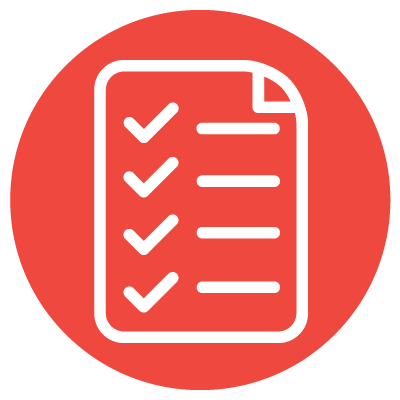
Keep written records
Because documents are often the keys to success, advocates keep written documentation. They know that if a statement is not written down, it “was not said”.
They make requests in writing and write polite follow-up letters to document events, discussions, and meetings.

Ask questions and listen to answers
Advocates are not afraid to ask questions.
When they ask questions, they listen carefully to answers. “Who, What, When, Where, Why, and How” are critical questions.

Identify problems
Advocates learn to define and describe problems from all angles.
They use their knowledge of interests, fears, and positions to develop strategies. They do not waste valuable time and energy looking for people to blame.

Propose solutions
Advocates know that parents negotiate with schools for special education services.
As negotiators, advocates discuss issues and make offers or proposals. They seek “win-win” solutions that will satisfy parents and schools.

Reach out for help as needed
As part of a comprehensive preparation plan, advocates reach out for assistance when needed. If you have questions before a critical meeting or just want to leverage our knowledgeable resources, please feel free to contact one of ECAC's parent educators
Remember: Always ask for an explanation of anything that you do not understand.

Questions parents can ask

A collaboration on reading improvement and dyslexia between ECAC and NCDPI
The following documents have been developed in collaboration between the Exceptional Children’s Assistance Center (ECAC) and the North Carolina Department of Public Instruction (NCDPI). They provide questions that parents can ask about reading improvement and dyslexia.

Questions parents can ask:
Reading improvement
Whether attending a parent/teacher conference, participating in writing the IEP (Individualized Education Program), or working with your child at home, use the questions that relate to your child to gather the information you need.

Questions parents can ask:
Reading improvement and dyslexia
If your child struggles with reading and you suspect dyslexia, you need specific information about how you can support your child’s learning. You can use the space provided in this document to write down the answers to these important questions.
